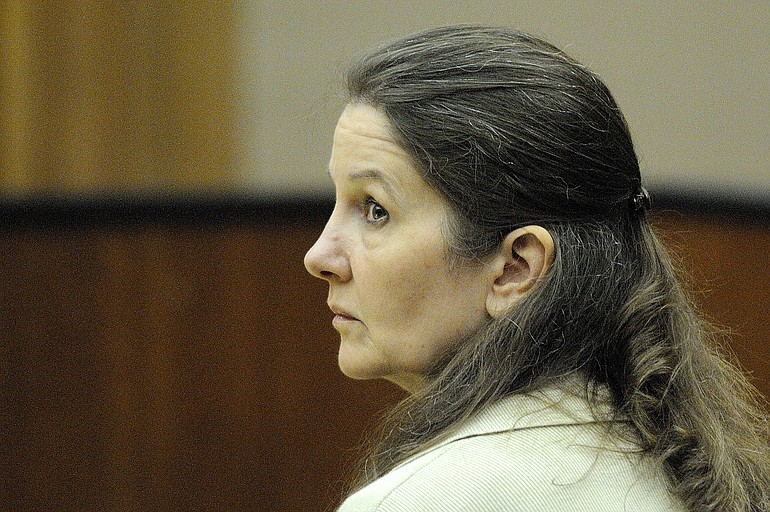We all the know the saying: “Hell hath no fury like a woman scorned.”
But should it get you off for shooting somebody?
That’s the question before a Clark County judge, who must decide whether to allow a defense attorney to pursue a rare angle: He says his client, Sheryl J. Martin, was so emotionally distraught about her husband’s affair that she couldn’t form the legal intent to shoot him.
Martin, 54, of Ridgefield, is charged with first-degree attempted murder for shooting her spouse, Eddie E. Martin, on Sept. 8, 2007. She shot him four times with a double-barreled shotgun after he told her he’d been cheating on her and wanted to end their 30-year marriage. He was hospitalized for several days.
Martin, a loan processor when she was arrested, is out on $100,000 bail.
At the end of the two-day hearing today, Superior Court Judge Barbara Johnson will decide whether to allow defense attorney David McDonald to present the “betrayal trauma theory” to jurors.
Martin’s trial is scheduled for Oct. 18.
The issue is whether the betrayal trauma theory has been generally accepted by the scientific community and is relevant to Martin’s case.



